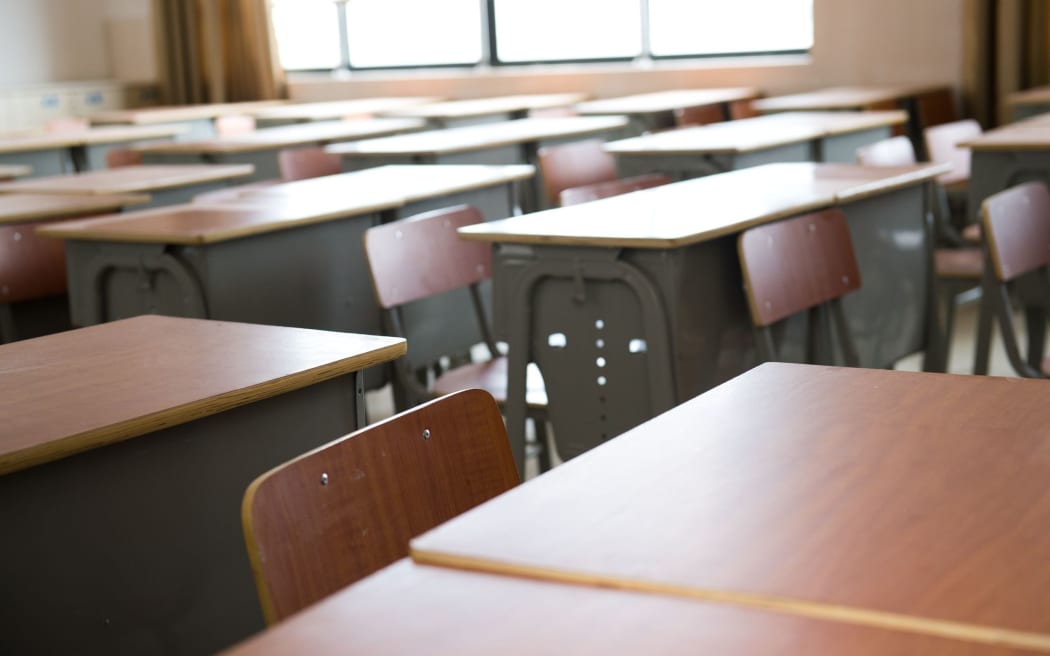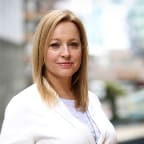Counsellors should be put in primary and intermediate schools, the Association of Counsellors says.

The government's being called on to review its policy of only placing guidance counsellors in secondary schools. Photo: 123rf.com
The number of young people contacting Youthline who were experiencing extreme depression has increased from 6909 in 2014 to 14,996 in 2015.
The Association said there was an urgent need to take preventative action, as Youthline was overwhelmed and unable to help the 150 young people seeking its support.
Association president Bev Weber said the government needed to review its policy of only placing guidance counsellors in secondary schools.
Ms Weber said some of the country's most vulnerable young people were not equipped to deal with their mental health struggles.
"By the time a child gets to secondary school sometimes the damage has already been done due to factors in the child's life as they've been coming through primary school.
"Let's take a step back and try and intervene at an earlier stage to ensure young people have access to support services that will help them build resilience."
The ramifications of not addressing the problem were severe, she said.
"The issues will either stay the same or get worse and in most cases get worse.
"Children don't have the inbuilt ability to just deal with them, they need help, and they need somebody who's prepared to listen and say 'hey listen, we're hearing you, talk to me, tell me what it is we can do to help.'"
Ms Weber said the solution was to introduce counsellors into primary and intermediate schools, which was a cheaper solution for the government than dealing with them as adult with mental health problems.
"This is not just a direct financial cost to the government, there are a range of costs that effect our community.
"Lifeline is going to stop being funded next year, so I'm aware that Youthline are probably going to have to take over the bulk of those young people who are in a distressed and in a despairing state."
Youthline said the number of suicidal callers had risen from 7241 in 2014, to 8291 in 2015.
Based on current data, those figures were projected to reach more than 12,000 by the end of this year.
She said she had worked in the Far North of New Zealand, where there was a high rate of vulnerable children.
"Places up north like Kaitaia - the levels of despair and youth rates of suicide is on the increase and there's nowhere for these kids to go.
"I'm very well aware of the problem, having been a counsellor in the north for many years."
Towns on the West Coast such as like Greymouth also needed more support, said Ms Web
Ms Web said the aim would be to give young people resilience and life skills as they grew into adults.
In a statement from the Ministry of Education the Deputy Secretary Sector Enablement and Support Kim Shannon said there were 'no current plans to change policy in this area'.
Ms Shannon said there was some funding, known as 'guidance staffing entitlement', available to any primary or intermediate students if they attended a school with secondary year levels, such as a composite school.
"Intermediate schools can access support from health professionals funded by the local district health board. Decile one to three intermediate schools are supported by the Social Worker in Schools programme, funded by the Ministry of Social Development."



